Critics of Emma Stone’s Best Movie Are All Wrong, Here’s Why
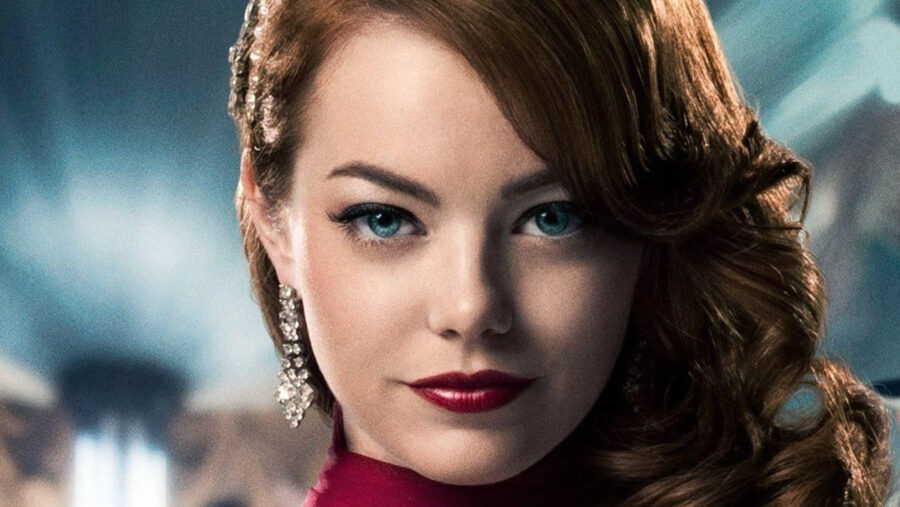
Emma Stone just keeps getting better. She began as a wry, intellectual teenager acting as a foil to hapless, dorky love interests, and she has grown to Oscar-winning heights. Her latest film, Poor Things, is easily her greatest performance. Sadly, some critics, both professional and in the peanut gallery, don’t appreciate this work for what it is. Indeed, they seem to have entirely missed the point.
Poor Things Is The Favorite Of Critics
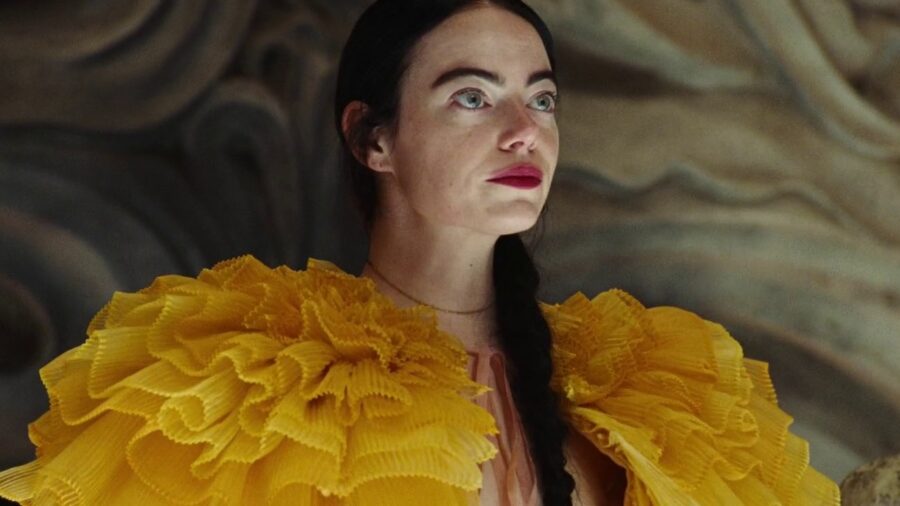
It may seem silly to be making this case in light of the fact that Poor Things has received great critical acclaim for the most part. Directed by Yorgos Lanthimos and Written by Tony McNamara, the movie currently has a 93 percent on Rotten Tomatoes and an 88/100 on Metacritic. Glamour, Time, and The Hollywood Reporter, among other publications, have raved wildly over Poor Things, in partícular over Emma Stone in this role.
Online Debates Will Rage For Years
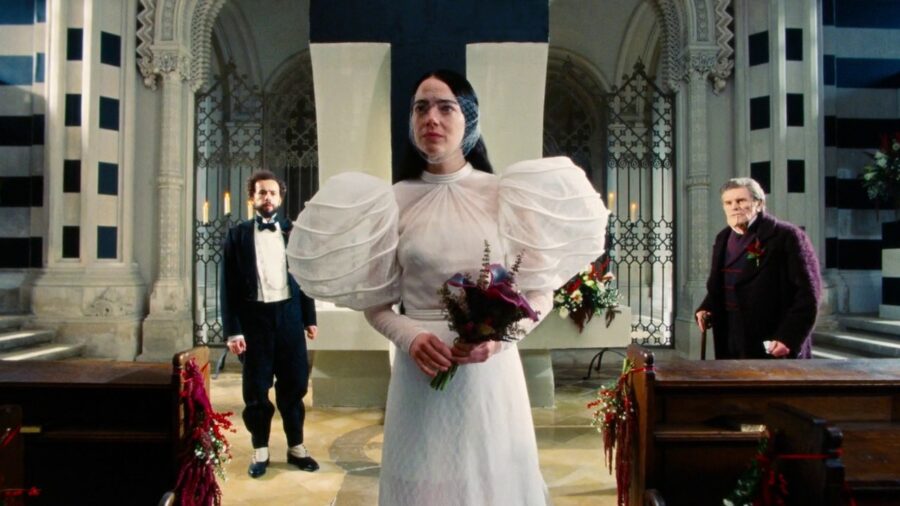
Sadly, there are a handful of critics who don’t like this film. In fact, they hate it, and they all hate it for the same reason. They have called it a mistake, a movie masquerading as feminist and yet demeaning to women. Worst of all, many have presented the two-hour production as centered around men and representative of the male gaze.
I say sadly because nothing could be further from the truth, which makes me wonder if those holding this perspective went into the theater determined not to like it. Indeed, did they go in as professional critics, ideally unbiased yet holding firmly to a position that no film made by men and with a mostly male cast can be empowering to women?
Glorious Insight Into The Reality Of Women
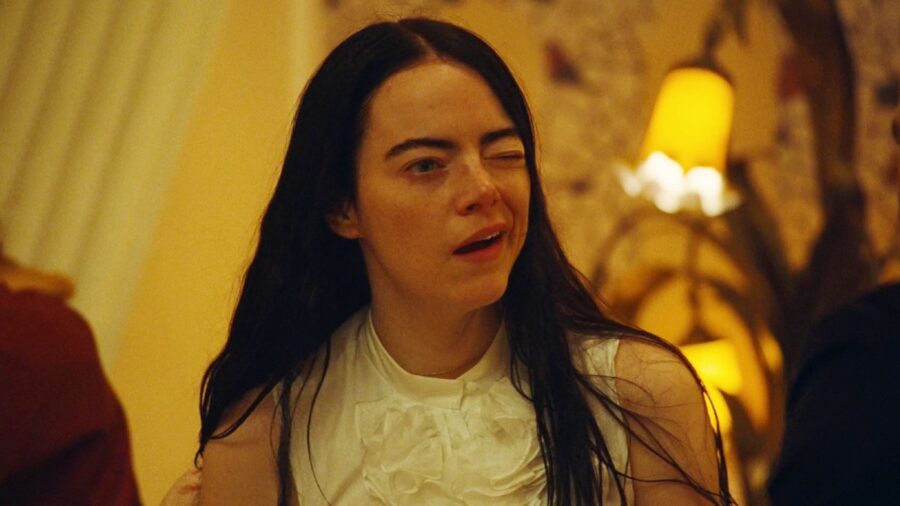
I ask because, as a staunch liberal feminist myself, highly educated and prepared to pick apart the male perspective, I make it a point to go into my weekly theater experiences with an open mind and an open book, ready to take notes. I am not always aligned with critics (just watch for my thoughts on Love Lies Bleeding), but in this case, I wholly agree with the general consensus. Poor Things provides glorious insight into what it might be like to be born a fully grown woman in a man’s world.
And Emma Stone breathes life into this character with her usual finesse and aplomb.
Socially Unaware Frankenstein
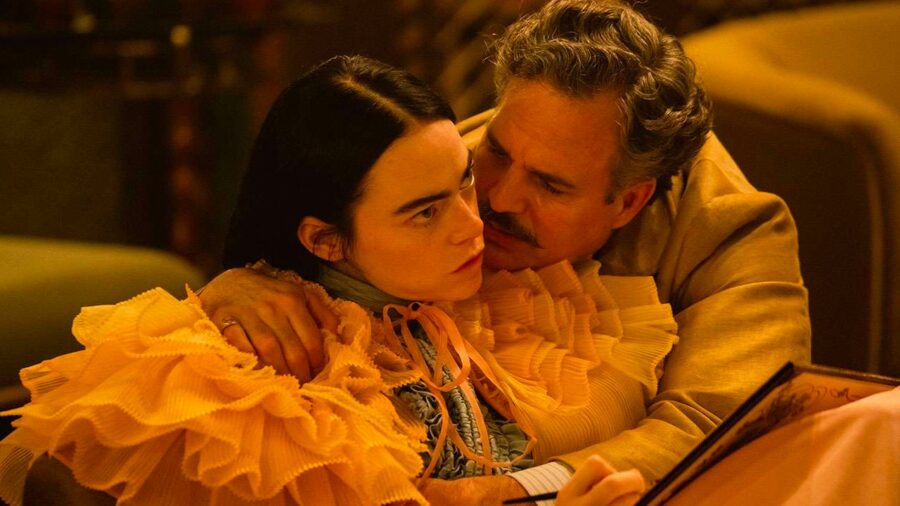
For those who haven’t yet seen the movie, don’t be put off by the naysayers. It is a story about a woman, Emma Stone’s character, in the 1800s who, pregnant, throws herself from a bridge and dies. She is then brought back to life with the brain of her fetus by the scientist charged with her care.
The scientist, Godwin Baxter, played by the always brilliant Willem Defoe, names his charge Bella Baxter. From this point forward, all the men around Bella, including the fabulous Mark Ruffalo, work hard to control her in various ways. And because she is unaware of social niceties and expectations, she refutes them all and goes her own way.
She enjoys her sexuality, she runs off with a man she shouldn’t be with, she works for a brothel, and so much more. The men, in light of this growing and developing intellect, one they are clearly not used to accepting from a woman, all kind of fall and fumble in her wake.
Even the violent, sadistic man who takes her prisoner at one point is foiled in his attempts to completely dominate her.
Questions Raised By Poor Things
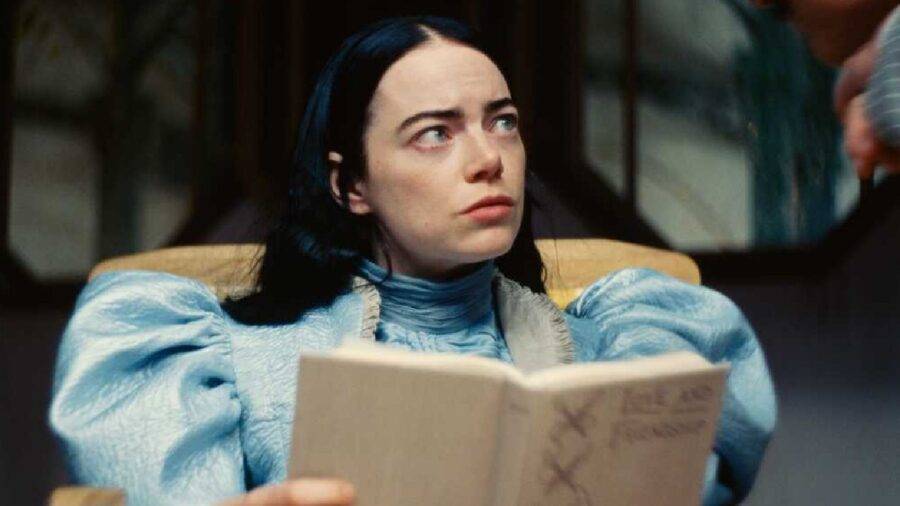
I won’t give too much away, as this film is best approached, again, with fresh eyes, but the entire theme of the experience is, to me, a question about what is possible for a woman with no male-perpetrated trauma in her past?
How powerful can a woman be, even up against other, incredibly dangerous and willful men, when she is not told for decades, from the time of birth, that she is inferior, the weaker sex, and alive only for the pleasure and purposes of men?
And how will men respond in light of this shift?
Watch And Judge For Yourself
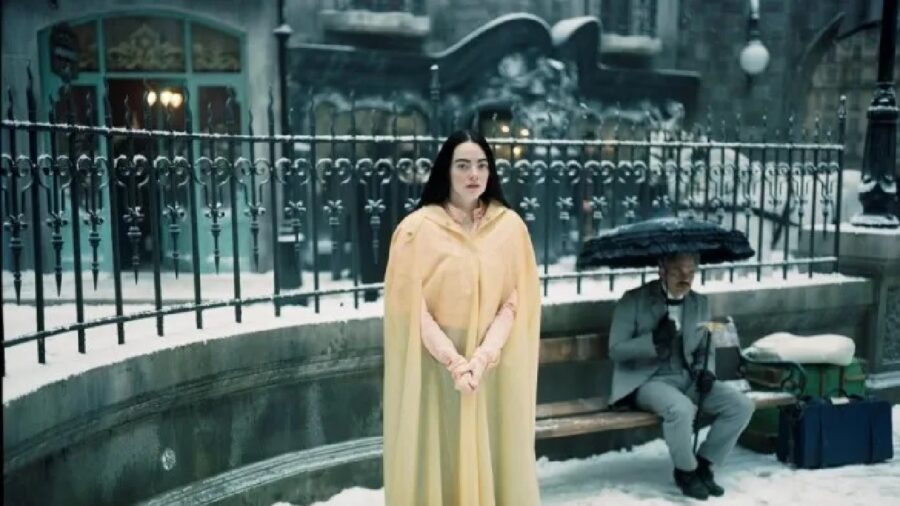
I think this movie, thanks largely to the performance of Emma Stone, answers these questions with hope for both men and women and, therefore, for humanity at large. So, if you haven’t seen it yet, pop your popcorn, grab your candy, and pour your soda. It’s available to stream on Hulu through the Disney+ app, and it begs to be appreciated.












